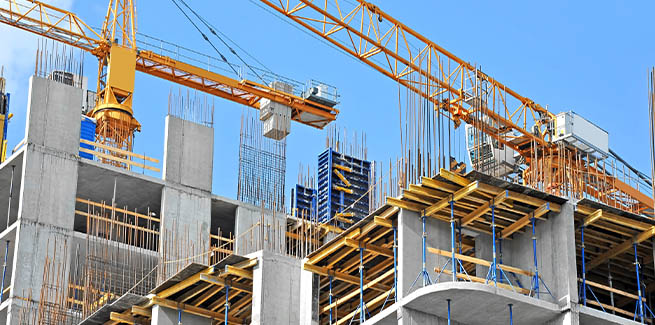The Victorian state government has passed a new windfall gains tax through its Legislative Council (the upper house of the State Parliament), which will impact landholders experiencing a property value uplift of $100,000 or greater due to rezoning decisions.
The windfall gains tax will be calculated based on valuations undertaken by the Valuer-General Victoria, on the pre-rezoning value and the post-rezoning value, with the difference between the two representing the value uplift of the land.
Those with a value uplift between $100,000 to $499,999 will see the remainder of their value increase above $100,000 taxed at 62.5 per cent, while those who gain $500,000 or more will see their uplift taxed at 50 per cent.
The tax will come into effect from 1 July 2023.
According to the Victorian government, the new system will mean developers will pay taxes on properties that have sharp value rises overnight after planning decisions to rezone land and the profits will then be used to fund services and infrastructure for local communities.
Victorian State Treasurer Tim Pallas commented the change will “make the system more transparent and ensure the profits land bankers get from huge value increases are shared with the community”.
“We want to ensure Victoria has a fairer tax system, with revenue from the windfall gains tax going back into Victorian schools, hospitals and public transport,” Mr Pallas said.
The Minister for Planning, Richard Wynne, added residential homes will not be affected by the change.
“It’s only fair that those making large windfall profits return a reasonable proportion to the community,” he said.
Primary production land that contains a home, up to hectares large, will be exempted from the tax, as well as rezonings to most rural zones or a public land zone.
Exemptions will also apply to charities if the land continues to be used for charitable purposes for the next 15 years after a rezoning.
Meanwhile, the government has also introduced a build-to-rent scheme, which will provide incentives for investors to build rental properties.
The build-to-rent approach to residential housing sees properties in a development held for rental over the long-term.
Eligible developments completed and operational between 1 January 2021 and 31 December 2031 will receive a 50 per cent land tax discount and full exemption from the absentee owner surcharge (AOS) for up to 30 years.
The AOS applies a 2 per cent surcharge to land tax for Victorian land owned by an absentee owner, which can be an individual who is not an Australian citizen or permanent resident, does not ordinarily reside in Australia or was absent from the country for certain periods of time.
An absentee owner can also be defined as an absentee corporation (incorporated outside of Australia or in which an absentee person has a controlling interest) or an absentee trust, a trust which has at least one beneficiary who is an absentee person.
[Related: Calls for national housing agenda, minister]
 ;
;
